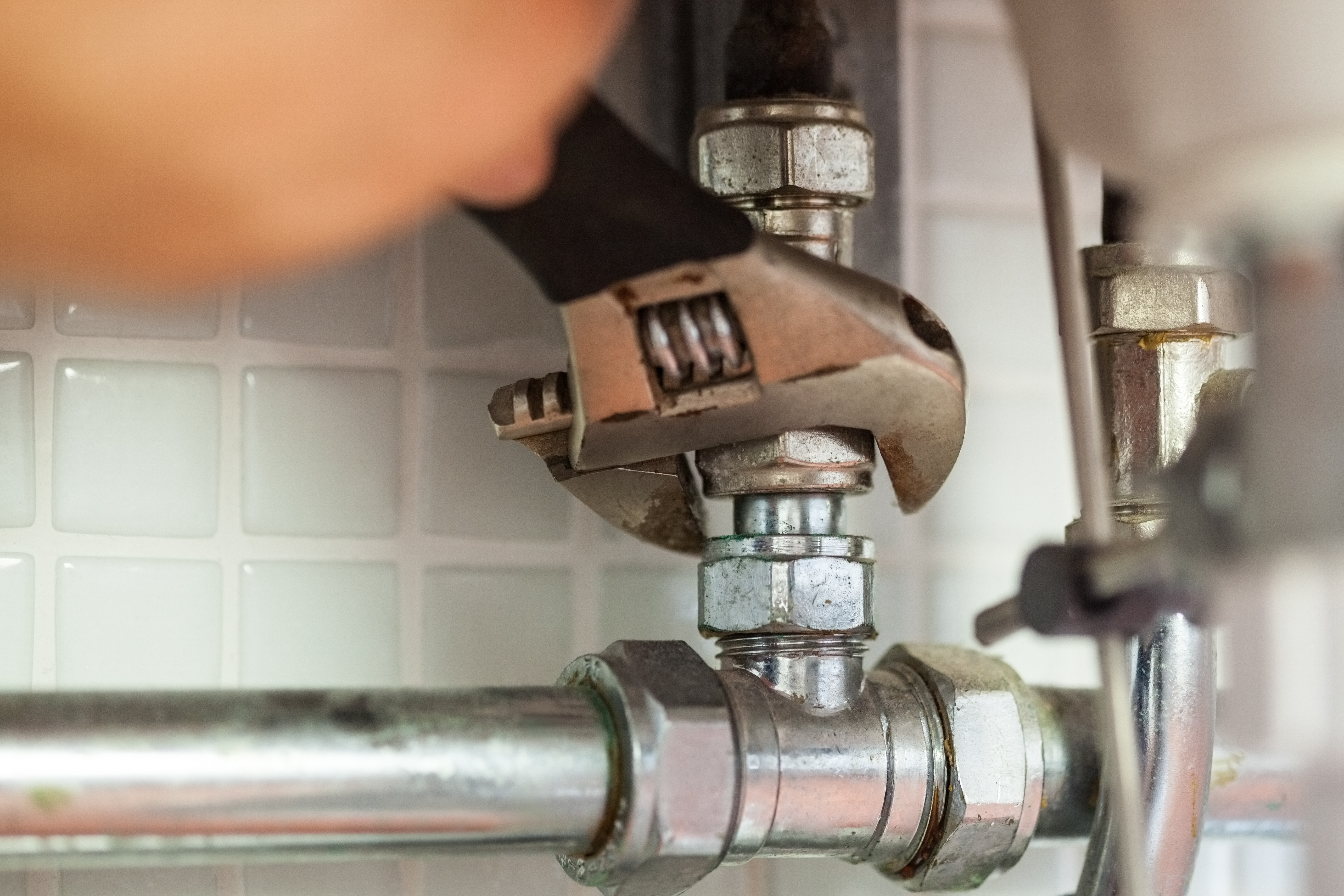Month: April 2022
Month: April 2022
What is the Difference Between Plumbers and Plumbing Contractors?

A homeowner usually thinks that a plumber and plumbing contractor is the same, but there are DIFFERENT. These two terms are commonly used interchangeably so it can be confusing. Now you might be wondering what the difference is. If you have a common plumbing problem – like a clogged toilet or a leaky sink — you contact or hire a plumber. In many cases, the plumber works for a plumbing contractor. A plumbing contractor almost always deals exclusively with new customers, repairs, remodeling, and handling tasks that involve the building’s water supply or septic system. In smaller businesses, the plumber may also be the plumbing contractor. In the plumbing industry, this trade is the second-highest earning with a mean annual wage of $58,360. Keep reading to learn more about the differences between what is a plumbing contractor and a plumber.

What is a Plumber?
Plumbers are usually the first trade worker that homeowners or building mangers go to when there is a plumbing emergency or for standard plumbing services. Their typical tasks range from fixing drains or unclogging toilets, to dealing with pipes that have burst. Even though these are drastic to homeowners, these are considered minor repairs in the plumbing world. Plumbers are commonly trained in an apprenticeship program under another plumber. They learn how to install common plumbing fixtures like bathtubs, showers, sinks, toilets, food disposals, and built-in water dispensers.
What is a Plumbing Contractor: Roles and Responsibilities
Plumbing contractors’ tasks are more complex than a plumber. For example, the plumbing contractor will construct a building’s water or waste disposal system, install water heaters (gas or electric), and install gas connections. You will need a plumbing contractor for professional installations such as backflow prevention, gas valves, and other waster system services. This isn’t a complete task list for a plumbing contractor, but these are a few of their tasks that are more complex than a traditional plumber. What are plumbing contractors trained for? Plumbing contractors go through training and certifications to handle any plumbing service requests.
Additionally, plumbing contractors act as consultants when clients are in their planning phases. In terms of responsibilities, plumbing contractors are instrumental in ensuring that any maintenance or new construction is up to code with local, state, and federal regulation, as well as that commercial plumbing, adheres to all requirements of the Americans and Disabilities Act (ADA). Another responsibility they have is the final inspection; they evaluate and assess the plumbing work that they construct in their building phases.

Requirements
There are different levels of licensing that plumbers and plumbing contractors need. All employees that perform plumbing work must have certification and license by the Division of Labor. Typically, plumbing contractors should have strong customer service, mechanical and people skills, troubleshooting abilities, as well as physical strength and knowledge of plumbing systems and tools. In addition, it is essential to have the following requirements to become a plumbing contractor: Become an apprentice, get a master plumber license, get a contractor’s license.
Apprenticeship
Apprentice programs are the most common route to take for plumbers to learn the skills in this trade. Apprenticeships are commonly sponsored by companies, contractors, or local unions. They vary in time to complete, roughly four to five years. In these types of programs, you have must complete a requirement of educational hours and on-the-job training. Educational hours take place at trade or technical schools where they learn plumbing codes, regulations, blueprint reading, physics, etc. On-the-job training is a hands-on experience with training in appliances, fixtures, water pipes, etc.

Master Plumber License
After one goes through apprenticeship programs, you can become a journeyman plumber. This means you can work alone without supervision. You must successfully submit all fees and applications to the respective state licensing agency and pass an assessment. For one to obtain a master plumber license, individuals must be qualified and pass an additional exam and adhere to state requirements.
Contractor’s License
The last step to becoming a plumbing contractor is to obtain a contractor’s license. Licensed plumbing contractors own their own plumbing business and hire and/or subcontract work to other licensed contractors in different trades. State licensing requirements vary, but typically the requirements …